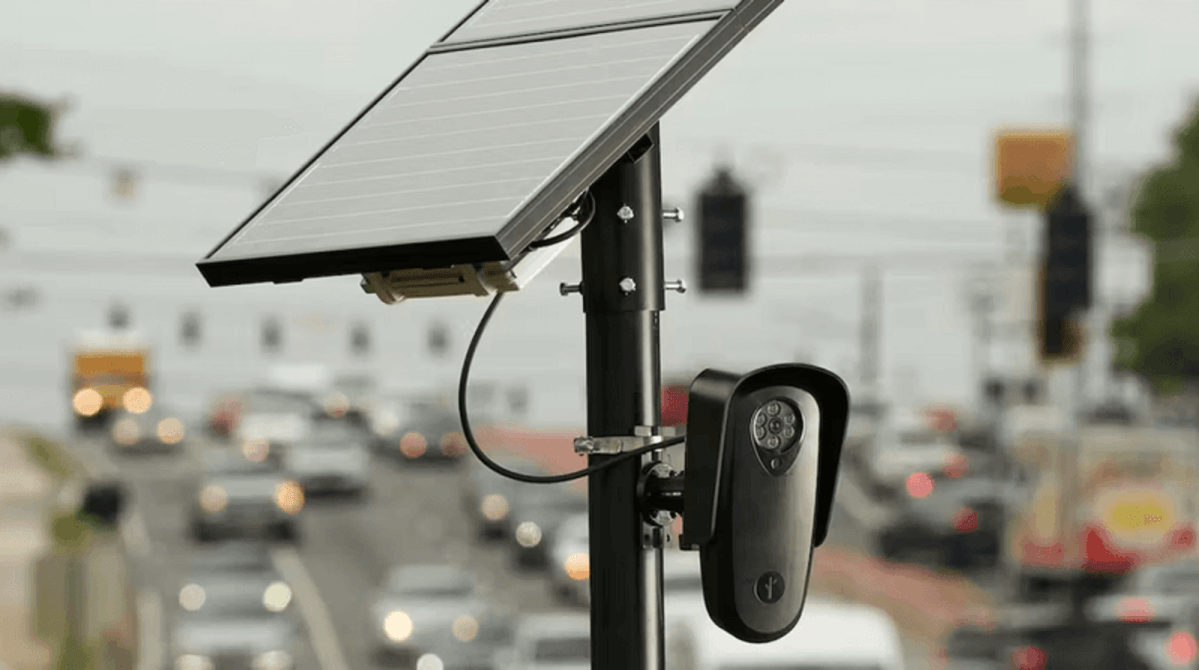And one company is taking advantage of this technology to record tens of millions of license plates per month across 47 states. This level of surveillance is raising concerns about privacy and data protection, as well as the potential for misuse of this data. The company in question, Vigilant Solutions, is a leader in the field of automatic license plate recognition (ALPR) technology, providing services to law enforcement agencies and private companies alike.
ALPR technology involves the use of cameras mounted on vehicles or fixed in locations such as highways, parking lots, and city streets. These cameras capture images of license plates and use optical character recognition software to convert the images into text, which is then cross-referenced against a database of known plates. This technology allows for real-time monitoring and tracking of vehicles, enabling law enforcement agencies to quickly identify and locate vehicles of interest.
While ALPR technology has proven to be a valuable tool for law enforcement in solving crimes and locating missing persons, its widespread use has also raised concerns about the potential for abuse. Critics argue that the collection and storage of vast amounts of license plate data poses a significant threat to privacy, as it allows for the tracking of individuals’ movements and activities without their consent. Additionally, there are concerns about the security of this data, as it could be vulnerable to hacking or unauthorized access.
Vigilant Solutions has come under scrutiny for its expansive data collection practices, as well as its relationships with law enforcement agencies and other organizations. The company’s technology is used by over 3,000 law enforcement agencies across the United States, as well as by private companies such as insurance providers and repossession firms. This widespread use of ALPR technology has led to calls for greater transparency and oversight of its use, as well as for stronger privacy protections for individuals whose data is being collected.
In response to these concerns, some states have enacted legislation to regulate the use of ALPR technology and protect individual privacy. For example, California passed a law in 2015 requiring that ALPR data be retained for no longer than 60 days, unless it is relevant to an ongoing investigation. Other states, such as New Hampshire and Maine, have banned the use of ALPR technology for certain purposes, such as tracking individuals’ movements without a warrant.
Despite these efforts to regulate the use of ALPR technology, concerns about privacy and data protection persist. As technology continues to advance and become more widespread, it is critical that policymakers and stakeholders work together to ensure that individuals’ privacy rights are protected. This includes implementing strong data security measures, limiting the retention of license plate data, and providing transparency about how this data is used and shared.
In conclusion, the widespread use of ALPR technology by companies like Vigilant Solutions raises important questions about privacy, data protection, and the potential for misuse of personal information. While this technology can be a valuable tool for law enforcement, it also poses risks to individual privacy and civil liberties. It is essential that policymakers, law enforcement agencies, and the public work together to strike a balance between public safety and individual rights in the digital age.
